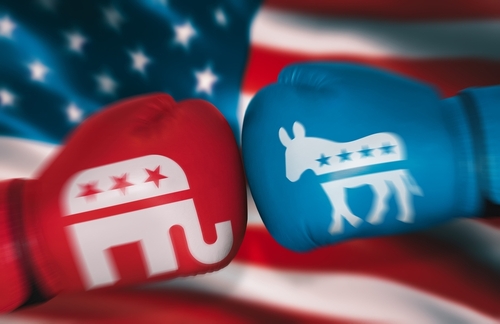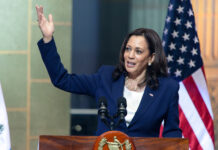
In a stunning on-air confrontation, sports commentator and entrepreneur Pat McAfee has taken the media world by storm, calling out an ESPN executive during his live broadcast. The incident has sparked widespread discussion and debate, highlighting the tensions that can arise between high-profile personalities and network brass.
The controversy at the heart of this firestorm began when NFL icon Aaron Rodgers made a contentious remark about late-night talk show host Jimmy Kimmel. This comment, which was widely criticized for its inappropriateness, set the stage for what would become a significant clash within the sports broadcasting community.
Pat McAfee just called one of his ESPN bosses, Norby Williamson, a rat on air and said he was actively sabotaging the show. Get your popcorn! No doubt this is true, btw. Definitely some in ESPN attacking PM from inside: pic.twitter.com/TmztKuX4A5
— Clay Travis (@ClayTravis) January 5, 2024
McAfee, who has built a formidable media empire valued in the multi-hundred billion-dollar range, is known for his candid and unfiltered approach to sports commentary. His response to the situation was no exception. During a recent episode of his show, McAfee openly criticized the ESPN executive, accusing him of attempting to undermine and sabotage his program.
The bold move by McAfee to confront the executive live on air has been met with a mix of support and criticism. Supporters of McAfee admire his willingness to stand up to corporate pressures and maintain the integrity of his show. Critics, however, question the appropriateness of airing such grievances in a public forum.
Fuck it Pat McAfee highlights pic.twitter.com/9WOSrlY7RY
— Von (@AyoVonz) January 1, 2024
Despite the backlash, McAfee’s actions have reignited a conversation about the balance of power in media and the autonomy of content creators. With his track record of success and influence, McAfee’s decision to speak out against the executive is seen by many as a testament to his commitment to his audience and his principles.
The fallout from this incident has also put a spotlight on the broader issue of media censorship and control. As audiences increasingly seek out authentic and unvarnished perspectives, the clash between McAfee and ESPN underscores the challenges faced by those who wish to push the boundaries of traditional broadcasting.
As the dust settles, it remains to be seen how this confrontation will impact McAfee’s relationship with ESPN and the wider sports media landscape. What is clear, however, is that McAfee’s bold stance has resonated with many who value independence and transparency in media.
In conclusion, Pat McAfee’s on-air callout of an ESPN executive is more than just a moment of high drama; it’s a reflection of the evolving dynamics within the media industry. As the lines between entertainment, sports, and news continue to blur, figures like McAfee are at the forefront of defining what the future of broadcasting will look like.












